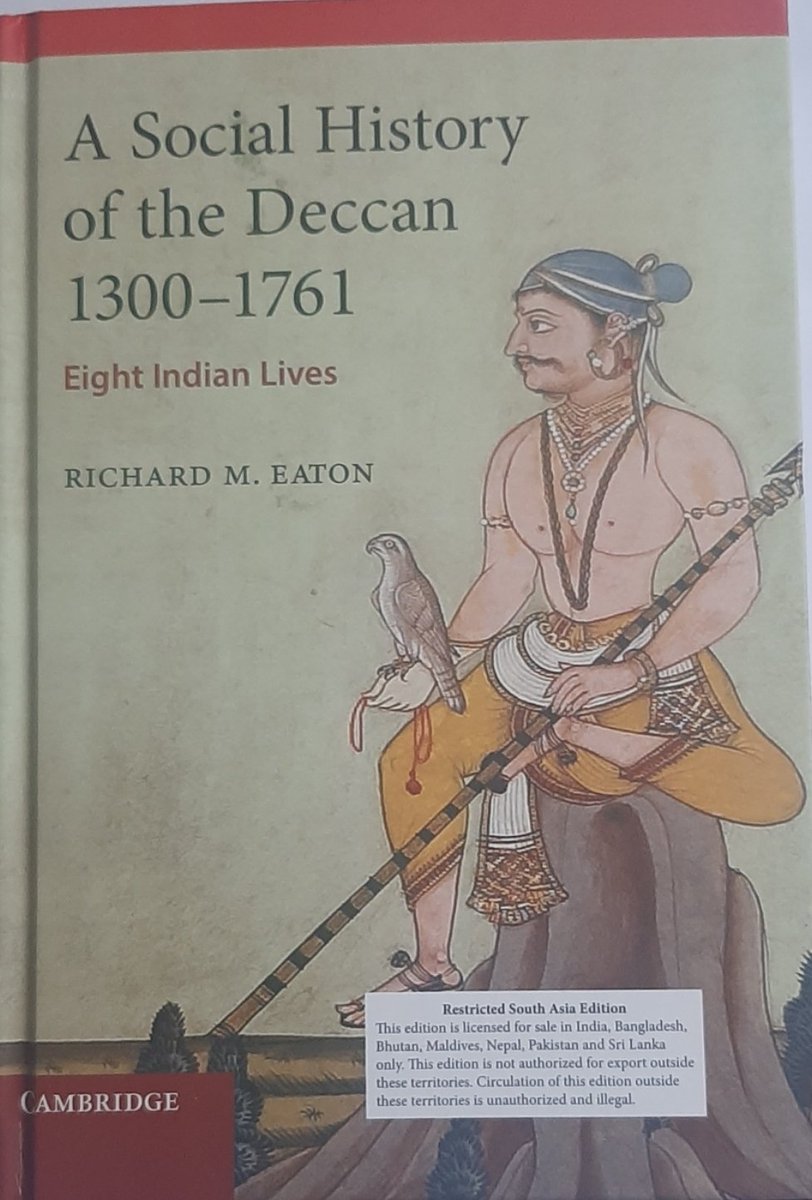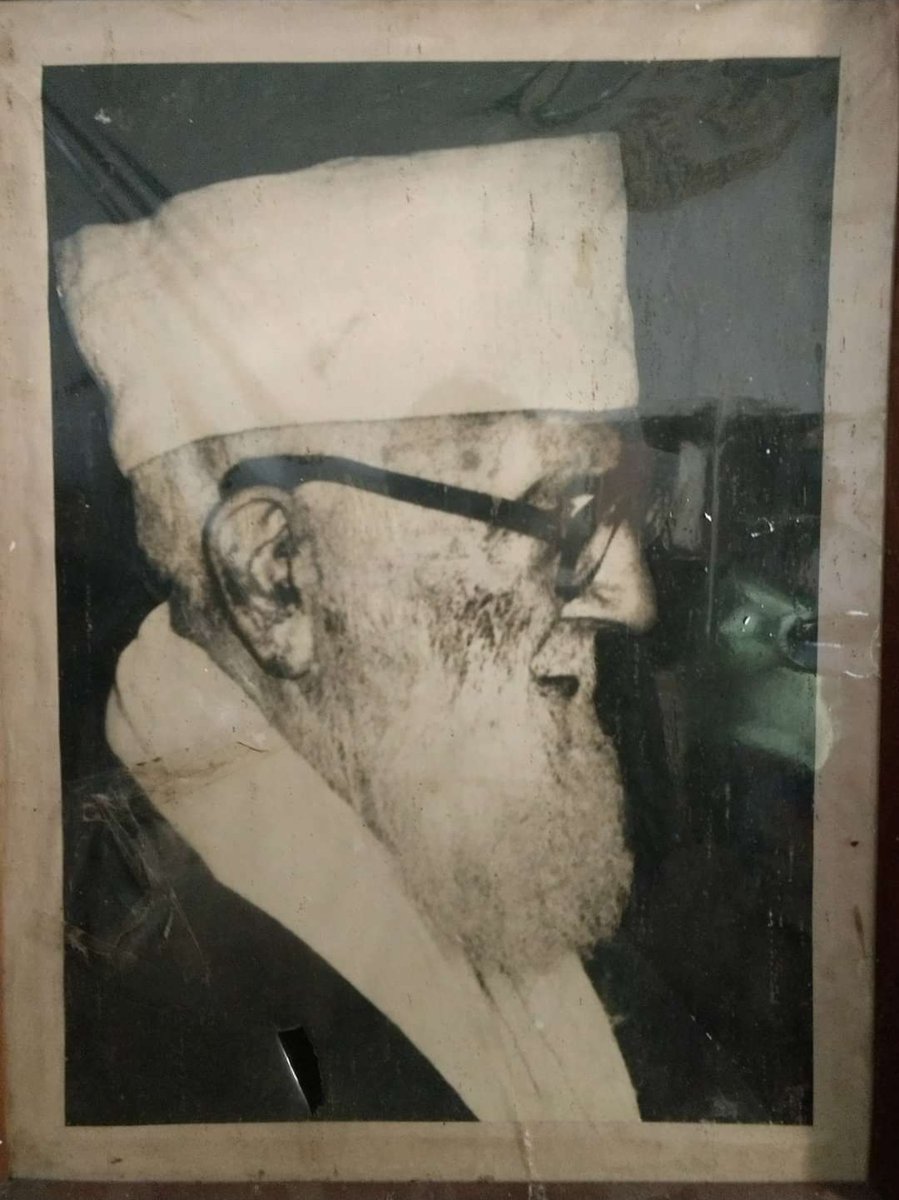
Today is 5th death anniversary of #SyedShahabuddin, a visionary Indian Muslim politician, diplomat, scholar & journalist. Despite his useful contribution for community and country, it is surprising he is among the least remembered leaders. Community has forgotten him
#Thread
#Thread

Shahabuddin, born on 4 Nov. 1935 in Gaya, Bihar began as a diplomat working for Indian Foreign Service, but became well known as one of most articulate Muslim politicians of independent India. He switched careers after Emergency, at the time when the Congress began its decline
... and Hindu nationalism first started its ascent to power. He served 3 terms as member of Parliament of India. He was known for his leadership of the Muslim opposition to the Shah Bano case and the Demolition of Babri Masjid. He died in March 2017 of long-term asthma.
In 1978, Shahabuddin left Foreign Service and joined politics at behest of Atal Bihari Vajpayee. The then Morarji Desai-led central government refused to give him a monthly pension of one thousand rupees as he did not complete 20 years in the service.
In 1979, one of Janata Party's Rajya Sabha member resigned and hence a seat became vacant. The party nominated him for the seat. In 1984, Shahabuddin lost the Rajya Sabha election to the Indian National Congress owing to alleged cross voting by the party legislators
Shahabuddin wrote to party leader Karpoori Thakur saying that legislators Satya Narayan Sinha and Munishwar Singh conspired to defeat him and demanded action against them. Thakur sacked 3 legislators after Shahabuddin alleged that they had voted against him.
In 1985, he was elected to Lok Sabha as a candidate of the Janata Party. He lost the seat to M.J. Akbar of Congress in 1989. In 1991, he was re-elected. In 1991, he again lost the election, this time to Janata Dal (United)'s Mohammed Taslimuddin.
Throughout his political career, he was involved with many Muslim institutions and organisations, including Muslim Personal Law Board and the Babari Masjid Action Committee. From 2004 to 2011, he was the President of Muslim Majlis-e-Mushawarat
He created, edited, and published the monthly journal Muslim India between 1983 and 2006, as a source of reference and research on all matters of interest to Muslims in India. He was a regular contributor to journals, newspapers, and TV discussions relating to Muslim issues.
Alas that his work hasn't been preserved. More than a decade ago, I had asked him to edit and publish his editorials of Muslim India in a couple of volumes at my own expense. However he said he needed to edit it himself and thus it fizzled out.
Some 2 years before his death he sent entire content of Muslim India to me asking as to how to publish this entire stuff in multiple volumes. He was alive to need to preserve it. However, very high cost stopped us from pursuing it. It must be done now, or it will be lost forever.
• • •
Missing some Tweet in this thread? You can try to
force a refresh













